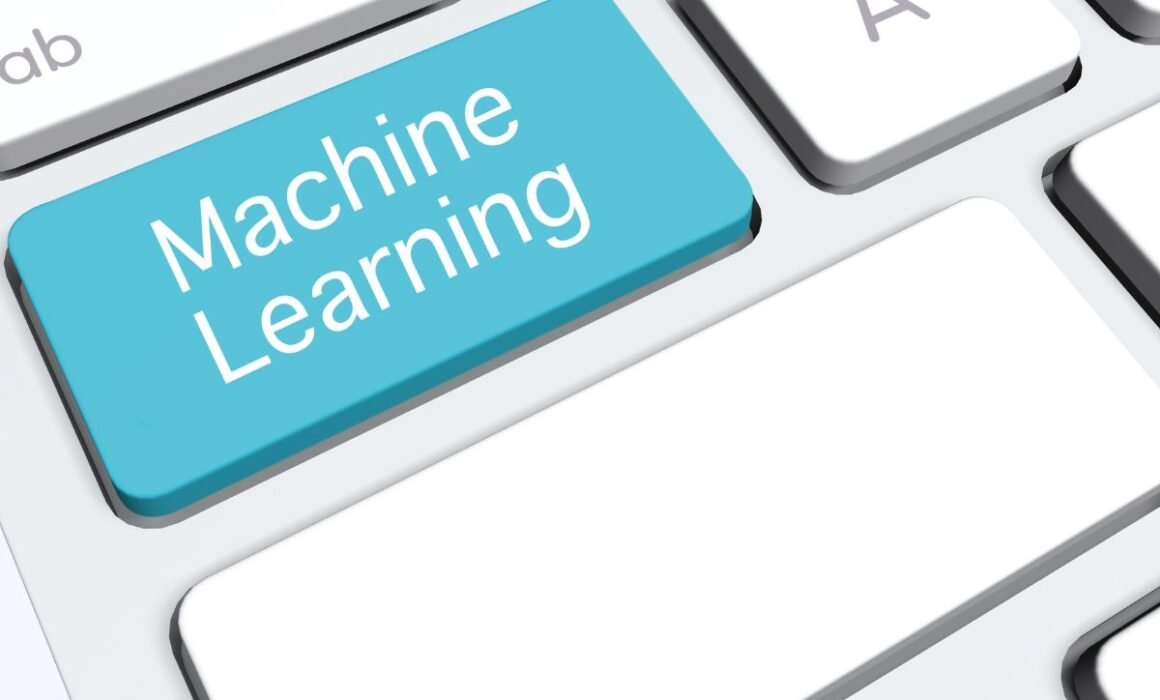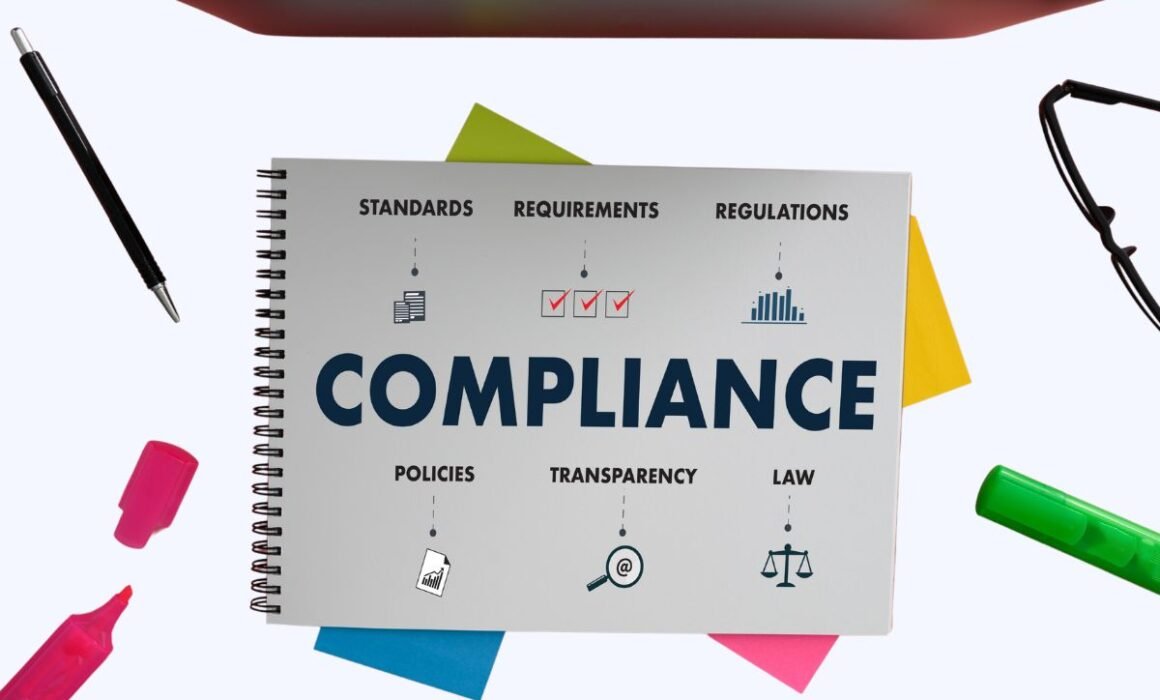9 Key Responsibilities Of A Product Manager Intern
The product manager intern is responsible for developing products or services that align with the desires and needs of customers.
Not only do product manager interns occupy a unique position within an organisation, working alongside experienced product managers to develop, manage, and launch innovative products.
But also, they are often the unsung heroes of the tech industry, driving growth and fostering innovation at the ground level.
So, what exactly are their core responsibilities?
Suppose you’re curious about what a product manager intern does in the tech world and are considering a career in product management. In that case, you might wonder about their key responsibilities and how they contribute to a product’s success. You may also be asking yourself whether they are important.
This article will provide you with the insights you need to understand better and appreciate the critical role of a product manager intern in today’s ever-evolving tech landscape.
Thus, fasten your seatbelts and prepare to learn as we go on this voyage together!
Table of Contents
- What is a product manager intern?
- 9 Key responsibilities of a product manager intern
- #1. Conduct market research
- #2. Define product requirements
- #3. Develop product roadmap
- #4. Work with cross-functional teams
- #5. Manage product development process
- #6. Analyse product metrics
- #7. Support sales and marketing efforts
- #8. Communicate product vision
- #9. Collaborate with all relevant stakeholders
- Tips for succeeding as a product manager intern
- How much can a product manager intern earn?
- How to prepare for a product manager career?
- Frequently asked questions
- Conclusion – 8 key responsibilities of a product manager intern
- Machine Learning In Finance: 12 Essential Applications
- How To Create Interactive Compliance Training For Bank Employees
- How Fintech Apps Are Using Gamification To Increase User Engagement
- Top Gamification Companies for Employee & Customer Engagement
What is a product manager intern?
Typically, product manager interns have prior experience in various areas of product management, such as product development, product marketing, and project management. This experience allows them to bring valuable insights and skills to their intern role.
Additionally, as an entry-level position, it serves as a stepping stone for aspiring product managers to learn the ropes, develop their skills, and transition into a full-time role. During their internship, they typically observe and shadow senior product managers, which helps them absorb their knowledge and understand the processes involved in product development.
They gradually become more involved in tasks such as conducting market research, analysing user feedback, conducting customer calls, etc. These are some of the responsibilities that will help them gain a comprehensive understanding of how product management functions within a company.
Product manager interns may take on more challenging tasks as they progress, including tracking key performance indicators (KPIs), developing product outcomes and monitoring product launches. They might also be involved in creating user stories, wireframes, or prototypes, allowing them better to grasp the user experience aspect of product development.
9 Key responsibilities of a product manager intern
You may be accountable for several duties and responsibilities as a Product Manager Intern, but there are a few important roles. The eight primary responsibilities of a Product Manager Intern are as follows:
#1. Conduct market research
A product manager intern should study consumer needs and the competitive landscape to collect data and customer insights to develop product outcomes and make informed product decisions.
#2. Define product requirements
Defining product requirements entails doing user research and establishing the product’s features, functionality, and user experience based on market research to develop a product that resonates with the target audience.
#3. Develop product roadmap
Creating a product roadmap entails generating a strategy that specifies the product’s development schedule and ranks the features and functionality based on market demand and business objectives.
#4. Work with cross-functional teams
A product management intern must collaborate with cross-functional teams, such as the engineering teams, design, sales, and marketing, to ensure that the product corresponds with the organisation’s goals.
#5. Manage product development process
The product development process entails managing the product’s design, development, and testing to guarantee compliance with the product roadmap and specifications.
#6. Analyse product metrics
Analysing product metrics entails monitoring and assessing the product’s performance with data to make data-driven decisions regarding the product’s future development.
#7. Support sales and marketing efforts
Supporting sales and marketing initiatives entails developing product messaging and collateral, providing sales and product marketing teams with training, and engaging with them to build adoption-driving methods.
#8. Communicate product vision
Communicating the product vision entails sharing the product’s aims and objectives with stakeholders, including executives, investors, and customers, to build a shared understanding of the product’s vision and objectives.
#9. Collaborate with all relevant stakeholders
This involves working closely with cross-functional teams, including engineering, design, product owners and marketers, data scientist, and sales, to ensure that all product aspects align with the overall strategy and objectives.
Collaboration empowers interns to detect and evaluate market dynamics, consumer habits, and how products are perceived. This cooperative method helps them uncover novel opportunities for increased interaction and growth.
In addition, it facilitates the process of pinpointing customer-preferred product features. Utilising this data and their joint endeavours, interns contribute to the design and engineering teams by developing, examining, and incorporating new aspects into the product.
Tips for succeeding as a product manager intern
#1. First and foremost, learn as much as possible – Gain a solid understanding of the company’s goals and how you can contribute to them by learning as much as possible about the product development process, the company, and the industry.
#2: Act proactively – Take initiative and seek opportunities to contribute to product development by volunteering for projects and asking for feedback.
#3: Next, communicate effectively – Ensure you are clear and concise when communicating with stakeholders, including cross-functional teams, executives, investors, and customers, and listen carefully to feedback.
#4: Build strong relationships – Build strong relationships with cross-functional teams by getting to know cross-functional team members, learning about their roles, and understanding how they contribute to the product development process.
#5: After that, prioritise ruthlessly – Identify what is essential and focus your team’s efforts on the most critical tasks by prioritising ruthlessly based on the product roadmap, customer needs, and business objectives.
#6: Be data-driven – Use data to inform your decisions by tracking product metrics and analysing them regularly to understand the product’s performance.
#7: Be flexible – Be prepared to adjust your plans and pivot your strategy as needed based on changing market conditions, customer feedback, and other factors.
#8: Finally, seek feedback – Seek feedback from your supervisor, peers, and other stakeholders regularly to improve your work and identify areas for growth and development.
How much can a product manager intern earn?
The income of a product manager intern in the United States might vary depending on numerous criteria such as company size, region, and experience level. The typical base compensation for a product manager intern in the United States is roughly $64105 per year, according to Glassdoor.
Leading firms in the united states for product manager interns

Image source: Indeed.com
Product manager intern jobs
Image source: zippia.com
How to prepare for a product manager career?
#1. Mastering product management fundamentals
Begin by learning the fundamentals of product management, which encompass key concepts such as product strategy, understanding the role of a product manager, and becoming well-versed in methodologies like agile and scrum. This foundation will help you succeed in the field.
#2. Understanding the product management process
Next, familiarise yourself with the product management process, which covers everything from idea generation to product launch and post-launch support. Gaining knowledge about each stage, including market research, product development, and product lifecycle management, will better prepare you to manage products effectively.
#3. Gaining industry and business knowledge
Proceed to study your specific line of business and industry, as it will enable you to identify market trends, customer needs, and growth opportunities. Stay informed by reading industry news, following thought leaders, and attending relevant conferences or webinars.
#4. Building product skills through personal projects
Furthermore, work on developing your projects to build and refine your product management skills. Gain hands-on experience through side projects and prototypes to practice critical tasks like prioritization and decision-making.
#5. Showcasing your work with a project portfolio
Lastly, compile a portfolio of projects showcasing your work and demonstrating your product management capabilities. Add personal projects, professional experiences, or hypothetical case studies to demonstrate your skills and impress prospective employers.
Frequently asked questions
What skills does a product manager need?
A product manager needs skills such as:
- Strategic thinking
- Communication
- Leadership
- Problem-solving
- Decision-making
What do you learn in a product management internship?
You will acquire the skills to recognise and address issues, create and introduce new products, and oversee product portfolios by collaborating closely with seasoned product managers.
What does a product management intern do on a resume?
Below are five steps that you can follow to compose a resume for an internship as a product manager:
- List your contact information.
- Write a professional summary.
- Add your educational background.
- Include your skills.
- Mention your professional experience.
How to prepare for a product manager internship interview?
- Research the company
- Understand the role
- Review product management fundamentals
- Know your resume inside out
- Prepare for behavioural questions
- Practice case studies and situational questions
- Show your passion for the role
Remember, preparation is key to acing your product manager internship interview.
Conclusion – 8 key responsibilities of a product manager intern
A product management internship can provide valuable experience and exposure to the dynamic and ever-changing world of product development.
This article outlines the skills, experience, and passion for innovation and cooperation a product management intern must have to succeed.
Aspiring product management interns can prepare for success by learning the role’s responsibilities and networking with industry professionals.
If you are interested in pursuing a product management internship, take the time to research available opportunities, develop your skills and experience, and network with professionals in the industry to increase your chances of success. With dedication and hard work, you can kickstart your journey towards becoming a successful product manager intern.
Latest Posts
Machine Learning In Finance: 12 Essential Applications
The impact of machine learning on finance is significant. Thanks to this technology, financial institutions are now equipped to make efficient decisions. Through the analysis of data sets, machine learning […]
How To Create Interactive Compliance Training For Bank Employees
Banking compliance training isn’t just another task. It’s the stage where everything else performs. Banks must navigate a myriad of regulations and laws. After all, this is a trust-driven, high-stakes […]
How Fintech Apps Are Using Gamification To Increase User Engagement
Discover how gamification in fintech is revolutionizing financial engagement, making banking fun & boosting user loyalty.




